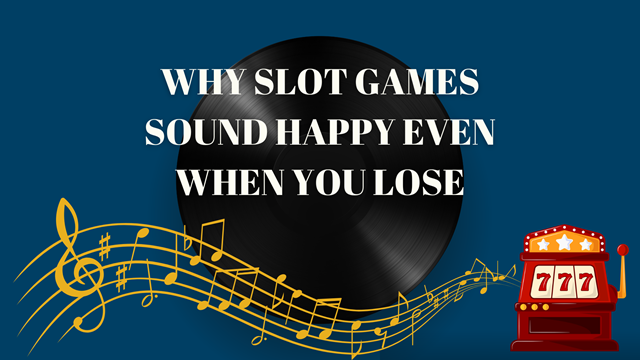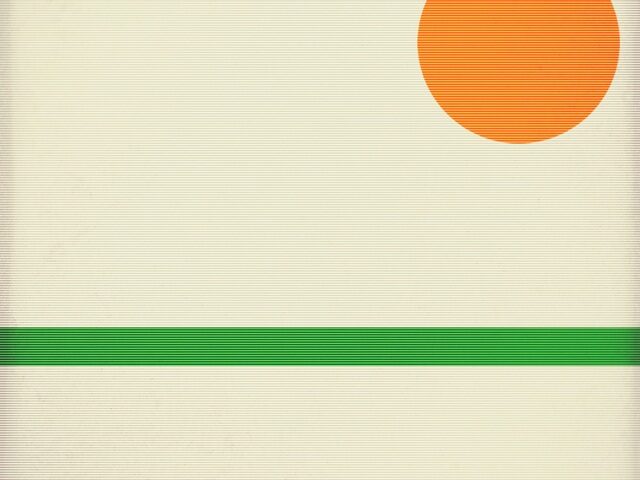The Role of Music in Anti-Depression Therapies
Depression is said to be one of the most disastrous and widespread diseases worldwide today – just check the samples of https://thesispanda.com/dissertation-writing-service to see how many theme-related papers there are and it will become obvious that this problem is much deeper than we usually imagine.
The origins of the music therapy
The history of music therapy reaches far more than times of Ancient Greece, where philosophers recommended manic people to listen to the calming melodies of a flute. Music therapy as we know it traces back to 1940s when the World War II veterans suffering from post-traumatic stress disorder rallied after listening to community musicians who often played at the hospitals.
The National Association for Music Therapy was founded in 1950 to dig deeper in the field and educate specialists who used music as a part of a therapy. Its heir, the American Music Therapy Association (1998) is now the largest association of this kind in the world with more than 5,000 specialists in 30 countries.
What are the proved results of music therapy?
There are plenty of researches aimed to find the connections between the music and our mental health. One of the most prominent studies, published in the British Journal of Psychiatrists presented evidence that music helps to:
- Boost self-esteem
- Boost motivation
- Reveal emotions safely and in full
- Decrease anxiety
- Relax muscle tension
During this research, scientists checked the condition of two groups of patients: one received typical treatment, the other – treatment with music therapy sessions where both therapists and patients listened and played music. The difference in the results of two groups was astonishing: “music” group showed significant improvement in comparison with the first group.
How it works?
Due to confirmed influence of music to our body, therapists select rhythms, melodies and instruments that help patients to express them in non-verbal way. Thus, the combination of music and talk therapies stimulates release of hormone dopamine that is essential for reward-motivation behavior. Usually therapists select several music combinations that are customized for each patient.
Music builds confidence of a passive patient; in addition, it stimulates our bodies to move, thus calling for physical activity that helps to avert depression. More than that, this kind of therapy helps people to communicate and be engaged in the activity they like.
Types of music therapy
There are two types of therapy that involves music: active and passive. Active therapy is all about working with music: therapist and patient compose the music together with help of the voice and instruments. Composing music leads to the discussion of emotions and feelings that music evokes and if the therapy goes right, patient gets a possibility to take a closer look to his/her problems. Passive therapy music is used as a background to any activity like meditating or drawing.





